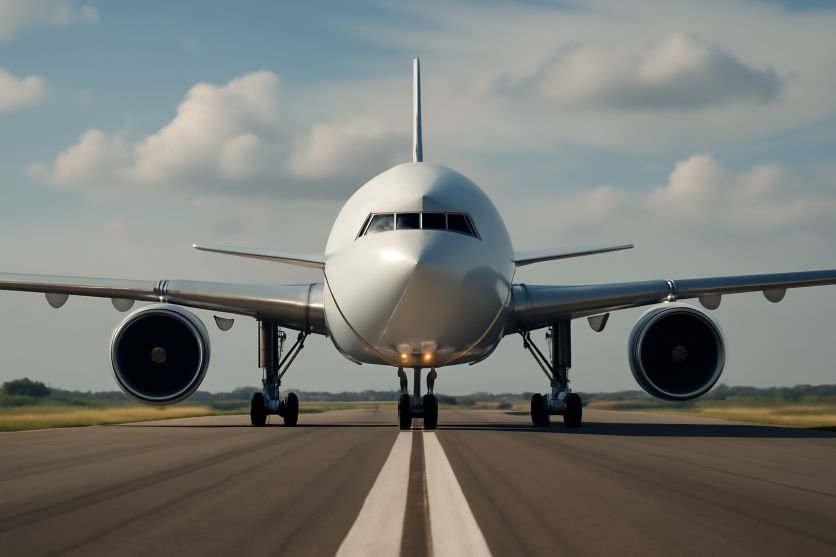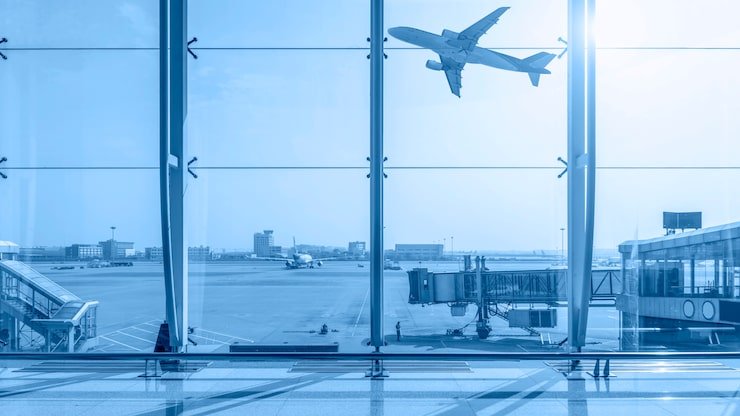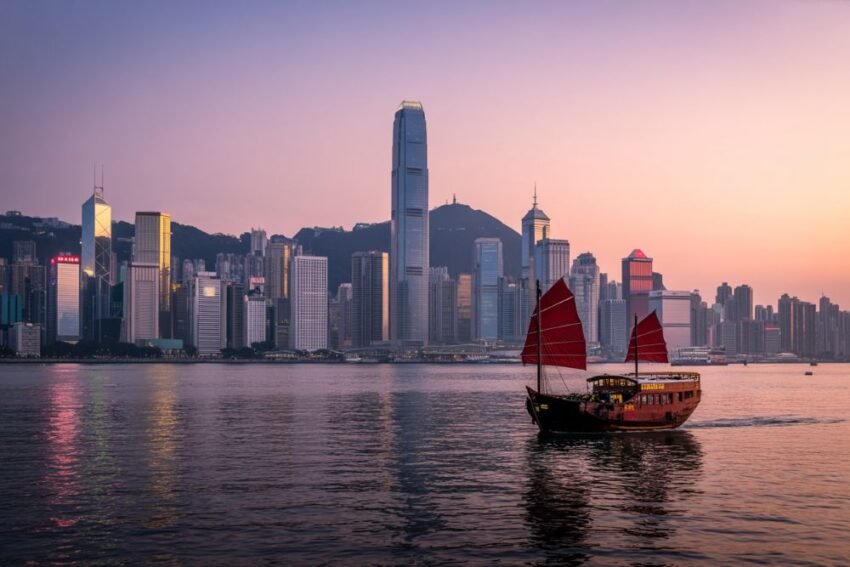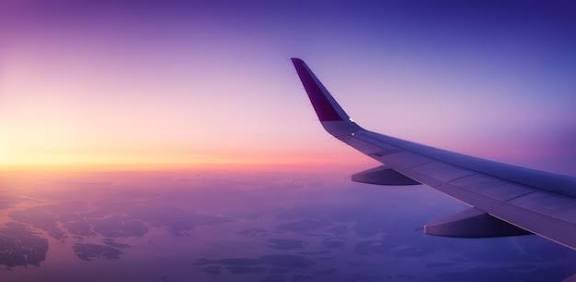Published on
September 21, 2025
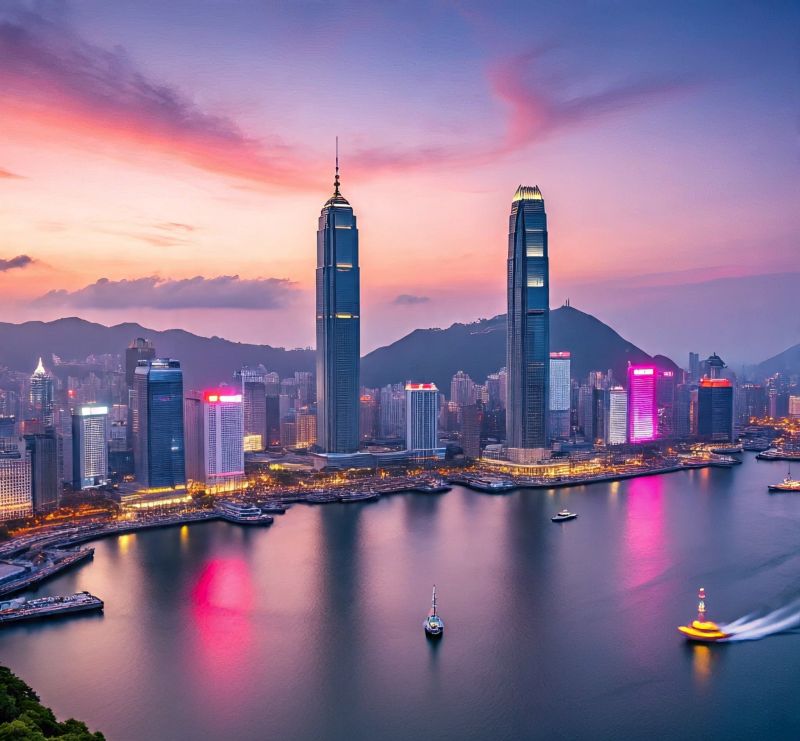
Hong Kong is proactively enhancing its position as a premium destination for luxury tourism, focusing on attracting affluent visitors, particularly from regions like the Middle East and Southeast Asia. These areas have shown an increasing demand for personalized, exclusive travel experiences. To meet these growing needs, Hong Kong is expanding its offerings to include luxury concierge services, private jet access, and luxury yacht experiences. By doing so, the city aims to become a top hub for Muslim-friendly travel, ensuring that it provides high-end services that cater to the needs of wealthier travelers. Hong Kong’s strategic approach is not just about offering luxury but also about targeting regions with significant disposable income, particularly from ASEAN countries and the Middle East. Through these focused initiatives, Hong Kong plans to strengthen its standing as one of the world’s most desirable travel destinations.
Focused Tourism Strategy for Luxury Markets
Hong Kong has taken a specialized approach to its tourism sector, focusing on exclusive travel experiences for high-net-worth individuals. As the Middle East and Southeast Asia are seeing economic growth, particularly within their affluent populations, Hong Kong recognizes the value in tapping into these emerging markets. The city aims to cater to high-net-worth tourists, ensuring that their stay is filled with luxury, comfort, and exclusivity. By collaborating with key tourism sectors, Hong Kong hopes to offer experiences that will encourage these travelers to spend generously while in the city. The strategy highlights Hong Kong’s commitment to becoming a premier luxury destination, capitalizing on the growth of these regions as emerging markets.
Surge in Middle Eastern Visitors
A notable trend in Hong Kong’s tourism landscape has been the remarkable increase in visitors from the Middle East. In the period between January and August 2025, there was a 40% rise in tourist arrivals from this region, totaling around 54,000 visitors. This growth is largely attributed to the increasing demand for luxury travel experiences among Middle Eastern travelers. Many of these visitors seek exclusive experiences, something Hong Kong is keen to offer. In fact, Middle Eastern visitors tend to spend more than other travelers. The average expenditure per visitor from the region was about HK$10,400 (around $1,338), nearly twice the amount spent by other tourists, which is around HK$5,400. This trend indicates that the Middle East is becoming an important source of high-spending tourists for Hong Kong, and it is expected to continue contributing significantly to the city’s tourism economy.
Southeast Asia’s Growing Role in Hong Kong Tourism
Another key region contributing to Hong Kong’s tourism boom is Southeast Asia, which, in 2024, became the second-largest source of tourists to Hong Kong, after China. This surge has largely been driven by countries with significant Muslim populations, like Malaysia and Indonesia. For example, in 2024, the number of Malaysian visitors increased by an impressive 50%, with the total reaching 405,000 tourists. Similarly, Indonesia also saw a 43% increase in arrivals, reaching around 367,000 visitors. In addition, there were 16,498 arrivals from the Gulf Cooperation Council (GCC) countries, which include Bahrain, Kuwait, Oman, Qatar, Saudi Arabia, and the UAE. This growth highlights the critical role of Southeast Asia and the Middle East in Hong Kong’s tourism sector. As these regions continue to send an increasing number of tourists to Hong Kong, the city has responded by focusing on expanding Muslim-friendly services to better meet the needs of these growing markets.
Hong Kong’s Recognition as a Muslim-Friendly Destination
Hong Kong has been making concerted efforts to establish itself as a Muslim-friendly destination, and the world has begun to take notice. By 2025, the city ranked third on the Global Muslim Travel Index (GMTI), cementing its reputation as a favored destination for Muslim tourists. In recognition of its efforts, Hong Kong was awarded the title of “Most Promising Muslim-Friendly Destination of the Year”. This accolade is a result of the city’s expansion of halal-certified services, including restaurants and hotels that cater to Muslim visitors. For example, in 2024, the number of halal restaurants in Hong Kong almost doubled, growing from 100 at the beginning of the year to 190 by August. These developments underscore Hong Kong’s growing appeal to Muslim travelers, ensuring that their needs for luxury and comfort are met. As the city continues to enhance its Muslim-friendly offerings, it is well on its way to solidifying its reputation as a leading destination for Muslim tourists.
Luxury Travel: The Cornerstone of Hong Kong’s Tourism
For many high-net-worth travelers, the demand for private and exclusive experiences is paramount. Recognizing this, Hong Kong has committed to offering luxury private services, such as private jets, luxury yachts, and other premium travel options. The city is actively working with various stakeholders, including the Hong Kong Tourism Board and the Airport Authority, to provide a seamless and high-end travel experience. A key part of Hong Kong’s luxury tourism strategy is the introduction of 600 new yacht berths in prime waterfront locations. These berths are aimed at yacht owners seeking an elegant stopover in the city. Additionally, the Skytopia project at Hong Kong International Airport is set to create over 500 new berths designed specifically for superyachts. These developments ensure that Hong Kong remains a competitive and attractive destination for travelers seeking a luxurious experience on both land and sea.
Expanding Hong Kong’s Global Connectivity
Hong Kong’s tourism strategy also involves improving its global connectivity. The government is focusing on increasing direct flight routes to South Asia, the Middle East, and South America. By establishing new aviation agreements and enhancing existing flight routes, Hong Kong aims to make the city more accessible to travelers worldwide, particularly those seeking exclusive travel experiences. This increased air connectivity is expected to drive tourism growth, particularly for the luxury segment, as affluent travelers from various parts of the world can now reach Hong Kong more easily. These developments help bolster Hong Kong’s position as a key gateway for global travelers looking for exceptional, exclusive travel experiences.
Addressing Environmental and Social Issues
While luxury tourism remains at the heart of its tourism strategy, Hong Kong is also taking steps to address environmental and social issues in the tourism sector. One recent initiative includes the development of dog-friendly restaurants. This new policy allows restaurants with outdoor seating areas to accommodate customers who wish to bring their pets, particularly dogs. The first of these restaurants are expected to be approved by mid-2026. Additionally, the city plans to implement a municipal waste-charging scheme, aiming to promote sustainability and responsible waste management within the tourism industry. These initiatives are part of a broader effort by Hong Kong to create a holistic tourism experience that balances luxury offerings with environmental sustainability and social responsibility.
The Global Impact of Hong Kong’s Tourism Strategy
The focused strategy on luxury tourism and Muslim-friendly services is expected to have significant ripple effects, both within Hong Kong’s tourism industry and globally. As Hong Kong continues to enhance its offerings, it will likely encourage other destinations to adopt similar strategies aimed at attracting the high-net-worth market. The rising number of affluent visitors from regions such as the Middle East and Southeast Asia indicates a growing global demand for luxury travel. Other cities worldwide may soon be inspired to reshape their tourism models to attract these wealthy travelers.
Moreover, Hong Kong’s success in attracting Middle Eastern and Southeast Asian travelers is likely to spark a global movement in the travel industry. As Muslim-friendly services become more integrated into tourism offerings, other destinations will likely follow Hong Kong’s example, offering halal options and creating more inclusive experiences for Muslim travelers. In essence, Hong Kong is setting the bar for niche tourism, showing how destinations can successfully cater to specific demographic needs while capitalizing on luxury tourism growth.
To sum up, Hong Kong has made significant strides toward becoming a luxury tourism hub, particularly by focusing on Muslim-friendly services. The city’s efforts to attract high-net-worth travelers, especially from the Middle East and Southeast Asia, are already proving successful. The substantial increase in visitor numbers from these regions indicates Hong Kong’s growing reputation as a premium destination. By continuing to enhance its luxury infrastructure, expanding its global connectivity, and addressing environmental and social concerns, Hong Kong is likely to solidify its place as one of the world’s leading destinations for luxury tourism. This strategy is expected to have far-reaching effects on the global tourism industry, setting a new standard for Muslim-friendly travel and personalized, high-end experiences.


